The world at large seems to be very focused on the number of professionals embarking on careers in the fields of Science, Technology, Engineering and Mathematics (STEM). There are many studies which prove that there is a dire need for women to enter this field of work.
Many government bodies and organisations are findings ways to address this skills shortage, but are their efforts reaching a level of success?
Girls Invent Tomorrow embarked on a nationwide road show a year ago, with the aim to educate young high school girls about the job opportunities which exist in the STEM landscape of careers. This initiative was conceptualised in order to encourage, educate and empower these girls to consider jobs in the relevant STEM industries.
The initiative has had various sponsors along the way, sponsors which have included the likes of Intel, HP and Microsoft to name a few. Organisations that value the partnerships of doers, finding a way to impact the masses one outreach at a time.
“The main challenge I think many organisations face, is ascertaining whether or not these efforts have had an impact,” says Thuli Sibeko Founder of Girls Invent Tomorrow. “All students we have engaged with have been scholars in high school, scholars who are at the stage of choosing subjects for their last 3 years of school. ”
This is where the impact needs to be made, states Sibeko, getting to the girls before they decide on subjects is crucial as it is here that they decide on maths, science and technology subjects.
With the choice needed at a school level and the only way to encourage this change is to engage with girls face-to-face. Presenting them with other young pioneering thought leaders, even role models if you like, in STEM careers; showing them the “cool” in the geeky misunderstood professions.
STEM education is vital to ensuring the long-term viability and well-being of South African technological and scientific advancement, as well as for providing a new generation of well-qualified engineers, technicians and scientists who can improve upon the achievements of the current generation of engineers, scientists, innovators and developers.
“It is time to take action, we have now educated hundreds of girls across Gauteng, KwaZulu-Natal and now lastly Cape Town, about the benefits of a STEM career.
“Our next task is to bring the cool geek out in each of them, by providing access to skills development sessions such as coding workshops, app development skills and access to role models in their interested fields, all in hope that it will inspire change, and start to boost the number of women pursuing STEM careers,” Sibeko says.

